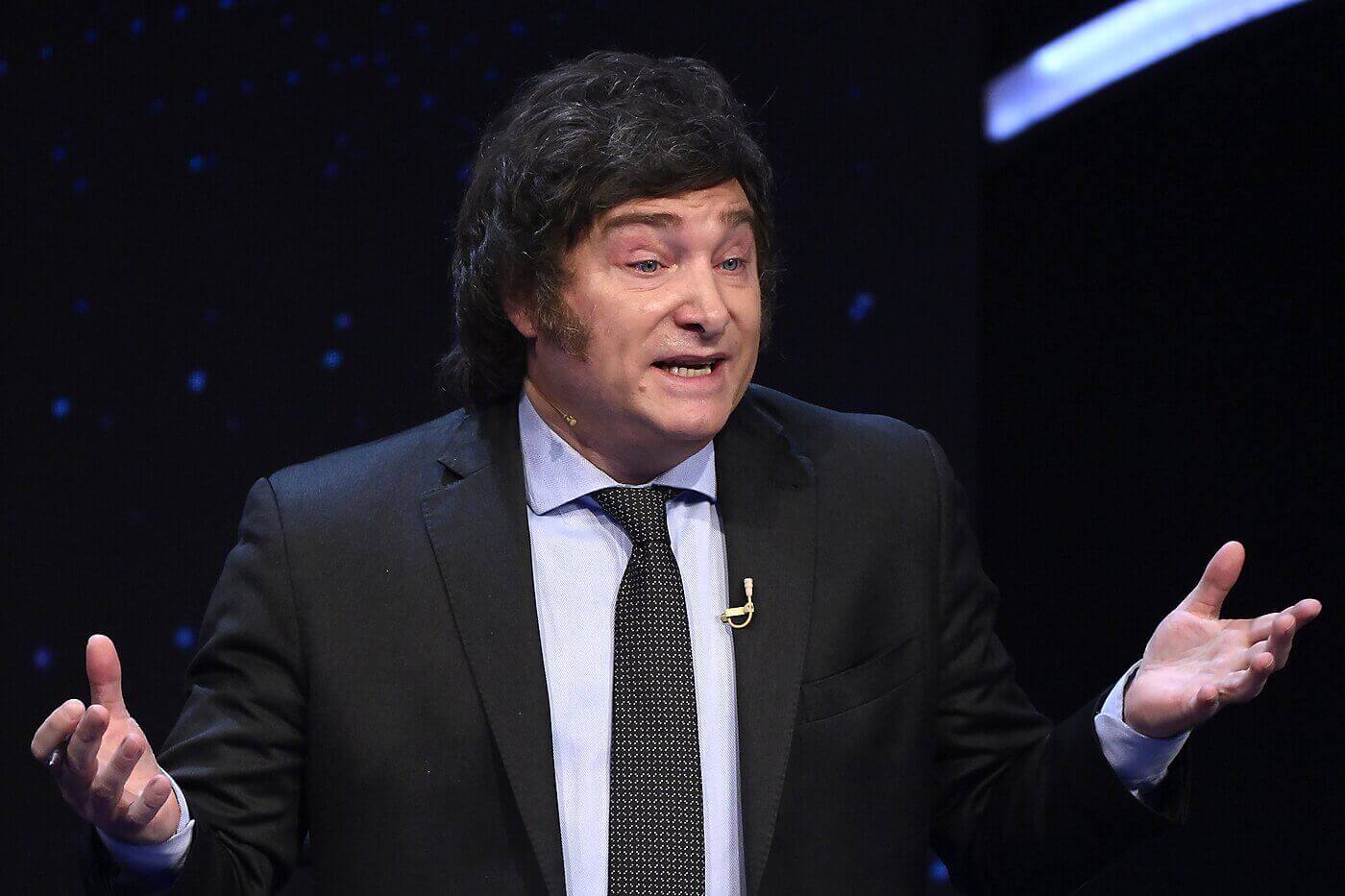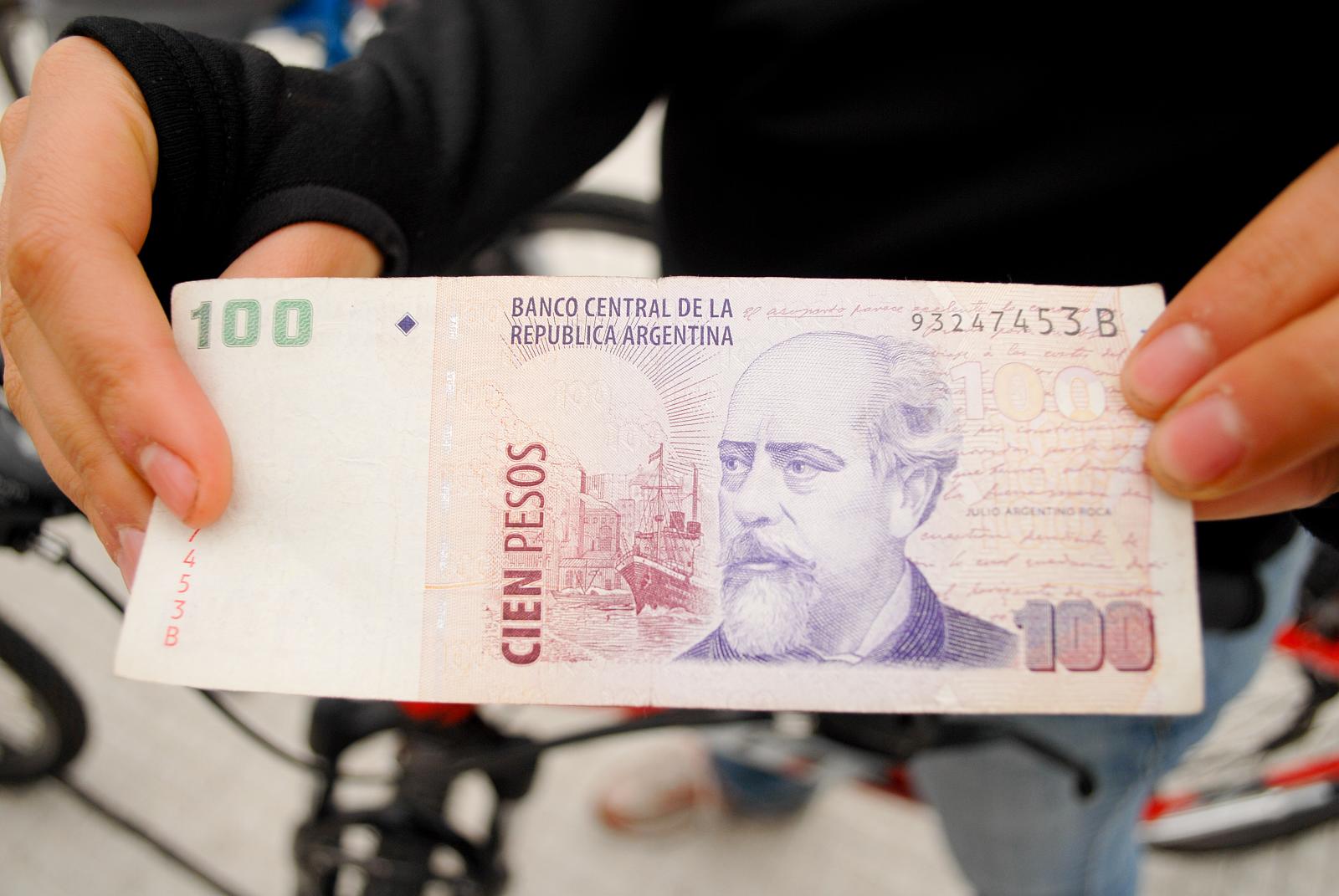In what may be the largest political victory in the history of Libertarian political philosophy, Argentine economist Javier Milei has won the election to be the country’s next president, garnering a healthy 56% of the vote after a runoff. Renowned Libertarian think tank and academic center, the Mises Institute, wrote “the election of Javier Milei brings the first anarchocapitalist world leader in history”.
Speaking of his “credentials” Dr. David Howden, Mises Institute Fellow and Chair of the Department of Business and Economics at St. Louis University, who co-authored a book in which Milei contributed a chapter on government intervention in the market, described Milei’s contribution as “a scathing critique of neoclassical growth theory,” in which the Argentine President-Elect wrote that “the idea of the welfare state acting on the market to correct failures is a contradiction,” and “invalid”.
“Milei has offered as much liberty as the Argentinian people are willing to accept,” wrote another Mises Institute contributor, Octavio Bermudez, a student in Austrian Economics from the country. “Socialist and collectivist ideals still prevail in major parts of the population, it would be an error to affirm that even half of the electors that choose Milei are full libertarians. Milei’s upcoming administration will be a test”.
So Libertarians from the US and Argentina have looked at Milei’s bona fides and found them worthy, which brings about an interesting situation in world affairs where Argentina, which recently received an invitation to be a full BRICS partner nation at the organization’s recent summit in Johannesburg, is now led by a head of state that preaches an economic philosophy of market-determined currency, of 100% reserve requirements on banks, and who ran on a platform of destroying the Argentine Central Bank.
In short, an economic cooperative in BRICS, created principally to challenge the dominance of the US dollar as the world’s reserve currency, would in theory boast a member whose head of state espouses an economic and political philosophy in complete antithesis to the environment the US government and central bank have created.
Yet it’s not clear if this alignment of ideals will be enough to advance the BRICS nations’ potential aims of creating a gold-backed international trading currency to challenge the dollar, as the conflicts of ideals between Milei and BRICS leaders Xi Jinping and Luis Ignacio da Silva, among others are far stronger, with the anarchocapitalist calling the former’s regime an “assassin” and the latter a “socialist with a totalitarian vocation”.
A BRIC too far
It’s also not clear whether or not Milei, who has explicitly said he would decline membership in BRICS, can actually prevent it from happening. He has some of the most drastic economic reforms a modern nation-state can implement on his plate, such as changing the national currency, battling hyperinflation, and dismantling the central bank, and a reshuffle of existing foreign policy commitments is thought to be too much of an additional task for his administration staff.
“We do not understand the interest” in the bloc, one of Milei’s allies, the economist Diana Mondino from the Libertarian Party of Argentina, of which Milei is the Chairman, told Russian news agency Sputnik. “We do not understand … what Argentina gets out of it at this moment. If later it turns out that there is an advantage, of course, we will analyze it.”
However, on Tuesday, Buenos Aires Times reported that the lame-duck president has already accepted the invitation, assuring entry into the bloc next month, making the task of eliminating it from Argentina’s destiny even more of a chore.
On the other hand, Milei’s stance toward non-liberty-loving regimes like those in Moscow, Beijing, and Brasilia may be less economically impactful than some reports have made it out to be. Mondino said recently that certain statements by the President-Elect have been misinterpreted because the media in the nation is still viewing Milei’s dialogue with a statist mindset.
“There is no way that trade with China or Brazil will be stopped,” stated Mondino, who added that foreign relations will be looked at ambiguously, and maintained by the private sector first—in other words statements in which Milei has been interpreted as saying trade with Brazil or China will be cut off simply entailed the ending of government-to-government “secret contracts”.
While this might seem like post-victory retreatism, to be fair to the Milei camp, it runs in perfect lockstep with the philosophy of political economy taught and espoused by one of Milei’s largest influences, the prodigious Austrian economist Murray Rothbard, from New York (Milei even named one of his dogs Murray).
Another blow to BRICS’ mission to de-dollarize is that Milei’s chief position is to, in fact, dollarize, by dumping the defunct peso and using the US dollar as the official currency, as several Latin American countries already do.
Nevertheless, both Russia and China welcomed Milei into their fold, congratulated him on his victory, and hoped that even though his stance on BRICS and the component nations may be sharp, they could still find common ground. WaL
PICTURED ABOVE: President-Elect Javier Milei. PC: retrieved from the Cato Institute.


